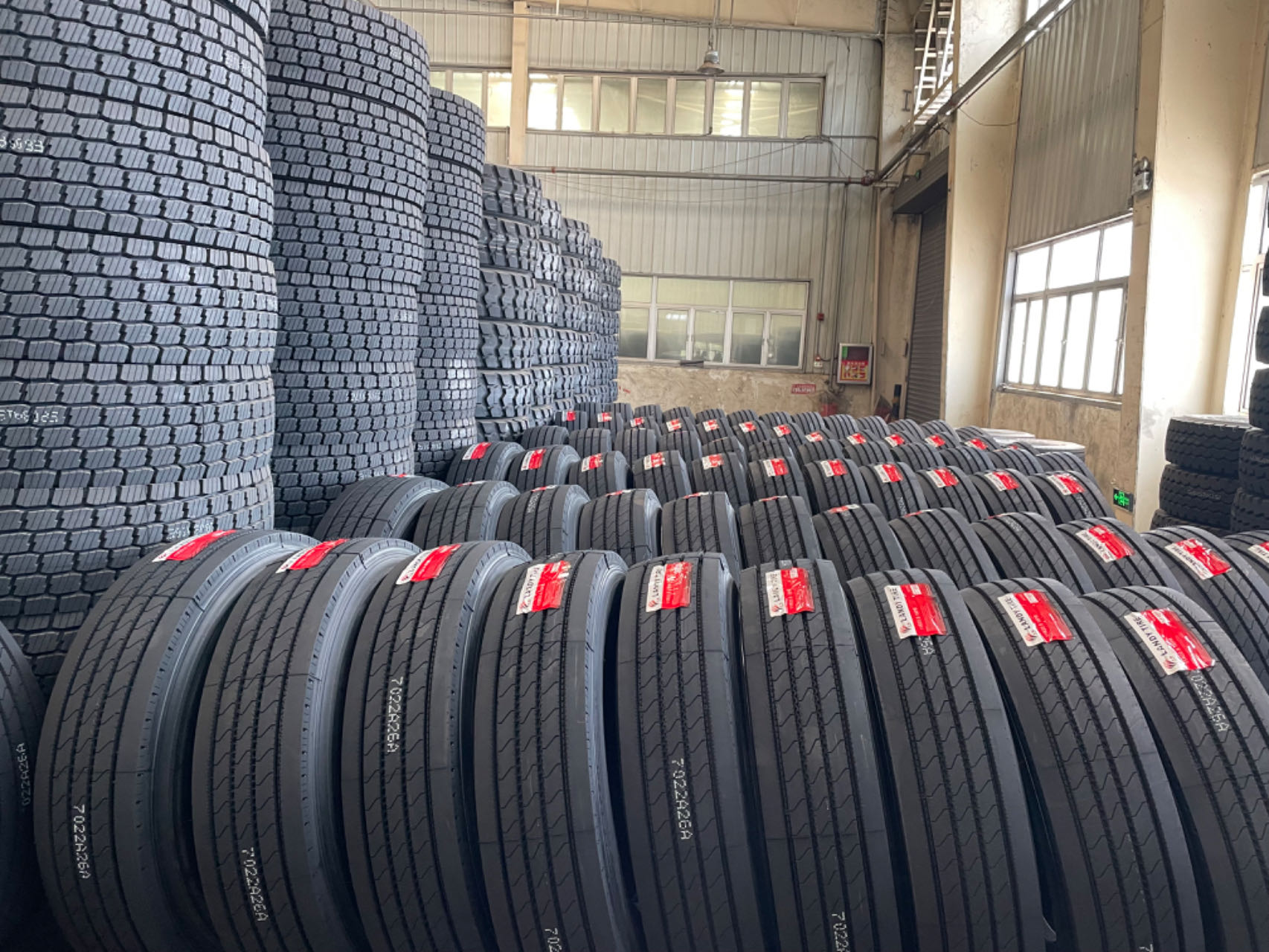In the world of trucking, the importance of choosing the right semi-truck tires is crucial. Tires are not just the interfaces with the road; they have a substantial impact on a truck's capabilities, fuel efficiency, and reliability. Whether you're a seasoned trucker or a newcomer to the industry, comprehending the various factors that go into tire selection is important for preserving your rig's longevity and performance. With the right tires, you can optimize your transportation capabilities, ensure compliance with DOT guidelines, and ultimately reduce expenses in the long run.
In this article, we will provide a thorough roadmap for buying semi-truck tires. We will discuss everything from selecting the right tires based on your individual freight and routes to understanding the differences between steer and drive tires. We will also dive into essential topics like tire maintenance, the impact of weather factors on tire capabilities, and advancements such as high-tech tires and tire pressure monitoring technologies. Armed with this insight, you'll be well-prepared to choose wisely that boost the reliability and capabilities of your trucking operations.
Deciding the Right Tires for Your Semi-Truck
Selecting the appropriate tires for your semi-truck is crucial for safety, and overall performance. The primary step is to comprehend the specific requirements of your business, including the categories of loads you haul and the paths you normally travel. Take into account factors such as surface quality, weather variations, and whether you'll come across off-road areas. Matching the tire design to your hauling demands can significantly impact your truck's effectiveness and fuel efficiency.

Diverse tire classes serve multiple functions; for instance, steer tires are designed for enhanced traction and handling, while drive tires provide the critical grip for heavy loads. It's crucial to pay close attention to load ratings and tire specifications to ensure they are appropriate with your vehicle's requirements. Choosing tires based on their intended use can help you maintain control and stability, reducing the chance of tire-related incidents.
In conclusion, don't overlook the importance of quality and brand trustworthiness. Investing in reputable, reliable brands can lower the risk of tire blowouts and premature damage. Regularly reviewing tire functionality and customer feedback can inform your picks, leading to a more knowledgeable decision on which tires will benefit your semi-truck best over time.
Premier Tire Brands and Their Advantages
When looking at semi-truck tires, the manufacturer can significantly affect performance, durability, and cost-effectiveness. A well-respected name in the industry, Michelin is a well-respected name in the industry, known for its durable tire construction and cutting-edge technology. Michelin tires typically provide superior fuel efficiency and longevity, making them a preferred option for long-haul drivers. Their Eco-Contact line is particularly remarkable for reducing rolling resistance while maintaining safety and grip on different road conditions.
Another leading brand is Bridgestone is known for its innovative designs and commitment to safety. Their tires offer superior traction and stability, especially in difficult weather conditions. Their Duravis line is engineered for heavy loads while ensuring a comfortable ride, making it an excellent choice for fleets that prioritize reliability and comfort over extended travel. Additionally, Bridgestone's focus on environmental responsibility means many their tires use eco-friendly materials.
Goodyear is also a prominent player in the market, offering a wide range of tires suited for various trucking needs. Their tires are designed with innovative tread patterns that enhance grip and promote even wear, which can extend the overall lifespan of the tires. Their Fuel Max line is highly regarded for its fuel-saving capabilities, aligning seamlessly with fleets looking to reduce operating costs. Overall, all of these manufacturers brings unique advantages that cater to different hauling requirements, making them exceptional options for truck operators.
Maintenance and Examination Fundamentals
Routine servicing and examination of semi-truck tires are vital for ensuring security and prolonging tire durability. Before each trip, drivers should carefully inspect tires for indicators of damage, such as cracks, bulges, or foreign objects lodged in the tread. Proper tire inflation should furthermore be checked, as insufficiently inflated or over-inflated tires can lead to uneven wear, decreased fuel efficiency, and increased risk of blowouts. Having a regular inspection plan helps spot issues quickly and ensures adherence to Department of Transportation regulations regarding tire condition.
In addition to sight-based checks, tire maintenance includes frequent rotations to promote even wear styles. It is advised to rotate semi-truck tires approximately about 6,000 to 8,000 miles or as indicated by the manufacturer's guidelines. Balancing the tires is another important factor of service, which helps remove shakes that can shorten the lifespan of tires and impact vehicle handling. Additionally, 11r22.5 plays a key role in extending tire life and enhancing safety on the road.
Establishing a thorough tire maintenance plan will further involve maintaining meticulous records of tire function, servicing schedules, and any fix history. This documentation assists fleet managers in tracking tire wear and making informed decisions about tire replacements and purchasing. Regularly educating drivers about tire care and the importance of inspection habits can result in a significant reduction in tire-related issues, providing more secure and more efficient operations for the fleet.
